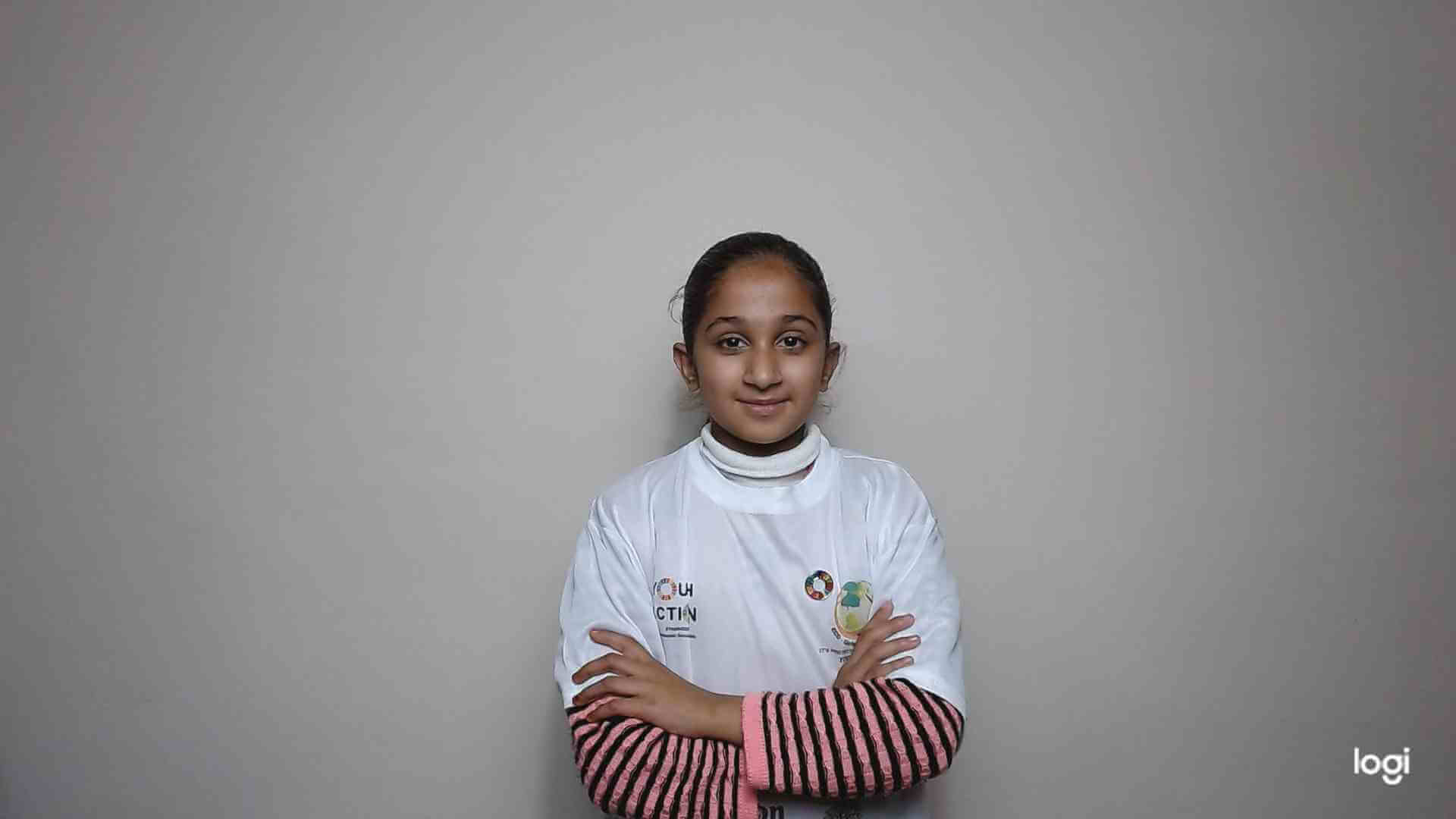Anshara Mustafa was selected as the Asian Girls Social Innovation Award winner for her outstanding effort in advocating for the rights of girls.
Due to the experience of her first menstruation, she found it strange that there was no way that the education of these girls could not be hindered due to menstruation. Anshara, Hur and Saba together got more information about menstruation from their teacher and they intended to go to the neighborhood and started an awareness campaign from home and started going door to door to inform women, especially young girls about menstruation.
She decided to make things right. Together with her friends Hur, Saba, Sara, Ayesha, Arsham, Spogmai and Nazakat, they decided to form a group of our own called Mashal Girls Foundation (Mashal is a Pashto word meaning beacon/torch of light) and they would go from house to house in villages and to schools and will guide women and girls on reproductive health, menstruation, against early marriage, complications during pregnancy and promotion of girls’ education. That’s why they founded the Mashal Girls Foundation (MGF). MGF started its journey as a pilot program in January 2019 to provide Menstrual Hygiene Management training to adolescent girls in schools, raising awareness about importance of girls’ education, Leadership in district Malakand, Bajaur and Mohmand which are on the border line with Afghanistan and is a war hit zone between religious extremists and the army where people are living under a strong tribal, feudal system, based on patriarchy.
She believes that being an Asian Girls Award Winner will further support their mission to protect girls’ rights in the tribal areas. This will enhance and support their capacity as rights holders and protector of rights of other girls who are facing issues such as early and forced marriages, lack of education, illiteracy, early and unwanted pregnancies. This award will support their commitment to social justice and advance gender equity and young girl’s development by offering education and training, leadership development, and opportunities for health and economic self-sufficiency. This will further help to promote the principles of gender equality and build the capacity of adolescent girls to achieve the goals of feminism and ensure equal status, rights and opportunities for women and girls of Khyber Pakhtunkhwa, Pakistan.

